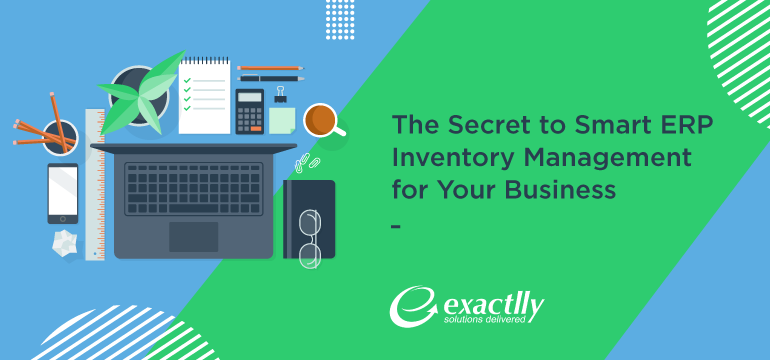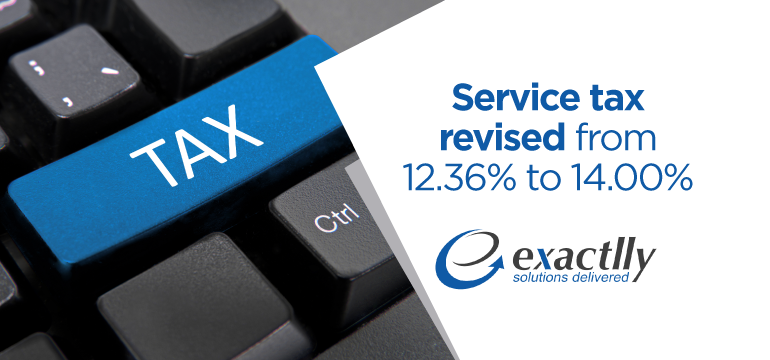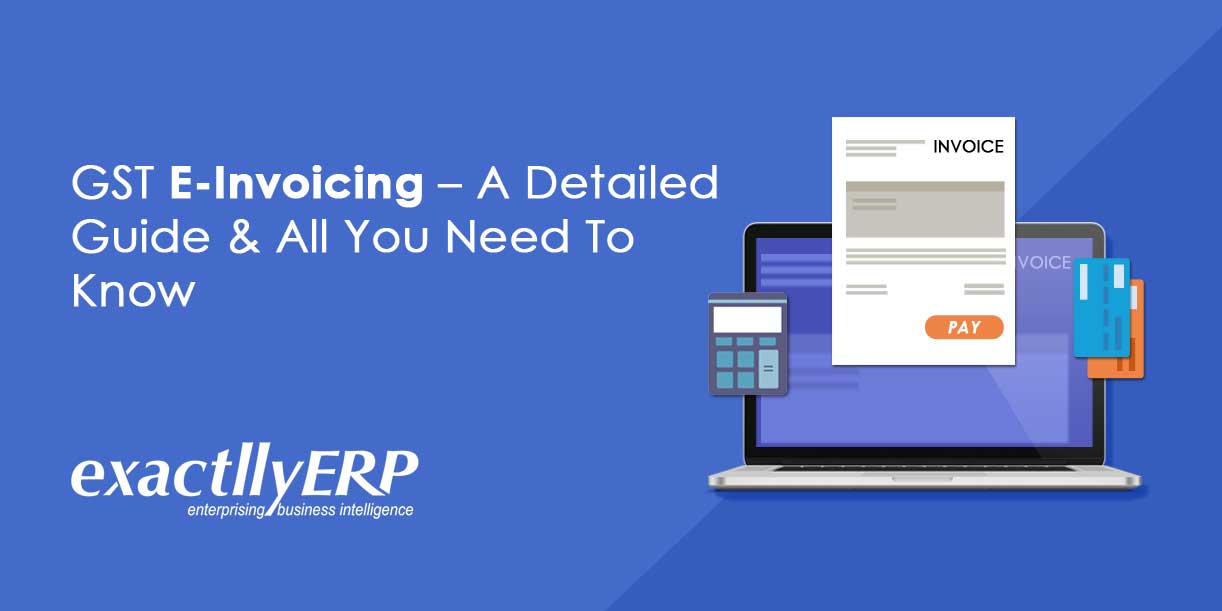The Secret to Smart ERP Inventory Management for Your Business

Managing inventory is one of the biggest problems that organizations face today. With more businesses selling online, the need to keep stock replenished as and when necessary is paramount. There are several challenges that affect organizations when it comes to managing their inventory.
Firstly, they may not be aware of their inventory. Second, inefficient processes and fluctuating customer demand can drastically affect the efficiency of inventory management. In addition, organizations simply do not have the physical infrastructure or staff to manage inventory successfully. Finally, data is usually out of sync and there may be a lot of inaccuracies when it comes to tracking inventory.
All these challenges are multiplied by the fact that many organizations still use manual processes or inefficient software programs to manage their inventories. What is truly needed is a smart ERP inventory management solution that helps put things in order in your organization.
In this article, let us take some of the secret tips to revive your inventory management quickly.
1. Evaluate if you Really Need an ERP Inventory Management Solution –
Though you may be finding it difficult to manage your inventory, you may not actually need an ERP inventory management solution. If you have a single product and sell it only to a handful of customers, you may not need an ERP. However, even small businesses that sell to multiple customers will need an ERP. While ERP implementation can prove to be expensive, streamlining your inventory management and deliveries will help you to sell more, and gain profits quickly.
If you are unable to decide for yourself if you need an ERP to manage your inventory, do speak to us today so that we can assess your business situation. We can quickly tell you if need an ERP or not.
2. Identify Painpoints Affecting Stock Replenishment –
There are a number of reasons why your stick replenishment is not happening as you envision. You are either not getting order related information quickly or your products are not arriving on time to be replenished. This lack of communication can cause unnecessary delays in shipping, and unavailability of products as well. To avoid such a scenario, identify what is causing difficulties in replenishing your stock. Once you identify the pain points, you can ask for a tailor-made ERP inventory management solution that eliminates all sorts of hurdles.
Problems are particularly apparent at multi-location warehouses where information is not relayed to different participants in the process. An ERP can automate such communication and make sure that stock is replenished automatically.
3. Assess if you are Practising Data Management Best Practices –
It shouldn’t come as a surprise that much of the bottlenecks and delays that can be witnessed during stock replenishment is caused due to data inaccuracies. Organizations often store data on multiple tools and data is not synchronized or updated in real-time. It is important to integrate various software programs and store data on a centralized register. This will help identify accurate data, eliminate duplicate entries and weed out inaccuracies. As a result, inventory management gets more efficient and quicker as well.
Some of the popular programs that can be integrated with ERP are CRM, eCommerce software, payment gateways, HRMS, etc. If you would like to learn how to integrate software programs to centralize data, contact us today. We would be glad to help you and answer your queries.
4. Audit Staff Skills and Experience with Respect to Inventory Management –
At the end of the day, inventory is managed by staff. If the staff does not understand the difficulties and problems of managing inventory, it can get quite hard for anyone to implement ERP successfully. For successful implementation of ERP, staff should first be trained on how ERP functions, how integrating it helps with inventory management, and what they can expect once it is implemented.
Of course, training takes place before implementation, and also after implementation. After successful implementation, the staff is specifically trained in using the software. However, before implementation, staff should be trained on inventory management best practices. Choose an agency that focuses on staff training in inventory management and ERP implementation. This is crucial for successful ERP implementation.
5. Implement Suitable Inventory Management for your Unique Requirements –
A good ERP inventory management system will help you to track your stock and manage it well. You will be able to manage your sales and purchase orders fulfil multi-channel orders and engage inefficient warehouse management. You can quickly transfer stock and integrate payment gateway functionality so that purchases can be quick. Most importantly, you will have access to analytics and business intelligence, with which you will be able to manage your business better.
However, the ERP solution you purchase should solve the pain points that are unique to your business. In other words, you need to choose the inventory management system that will specifically work for your business needs. Speak to our consultants today to find out which inventory management system is the best for your business.
Implement ERP inventory management solution before it is too late
As you can see, many of these tips are not really secrets but common knowledge. Yet, businesses do not practice these recommendations and often stick to tools that are not very efficient or continue to manage their inventory manually. To manage your inventory smartly, start with evaluating what your needs really are.
Once you assess what sort of inventory management solution you need, discover why your stick replenishment is stuck in bottlenecks. Next, centralize all your data and eliminate duplicate entries. Evaluate your staff’s training with regards to inventory management and help them learn how to use ERP. Finally, choose the right inventory management solution and implement it across your locations.
Last but not the least, do not avoid seeking external help to implement and audit your inventory management. It is easy to fall back on older and more familiar approaches to managing inventory without the feedback and auditing by an external agency. Contact us today to implement a smart ERP inventory management solution, and to continuously receive assistance. Feel free to Contact Us and get Free Demo.






